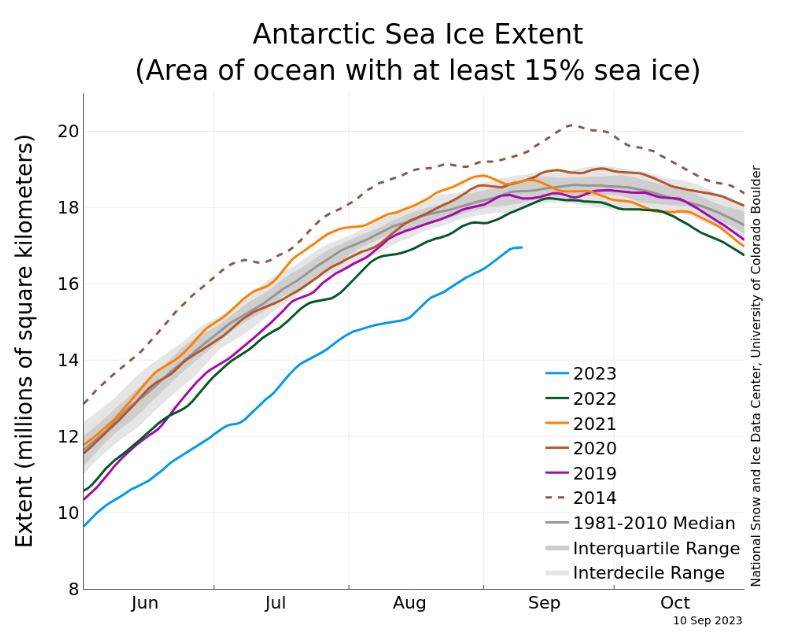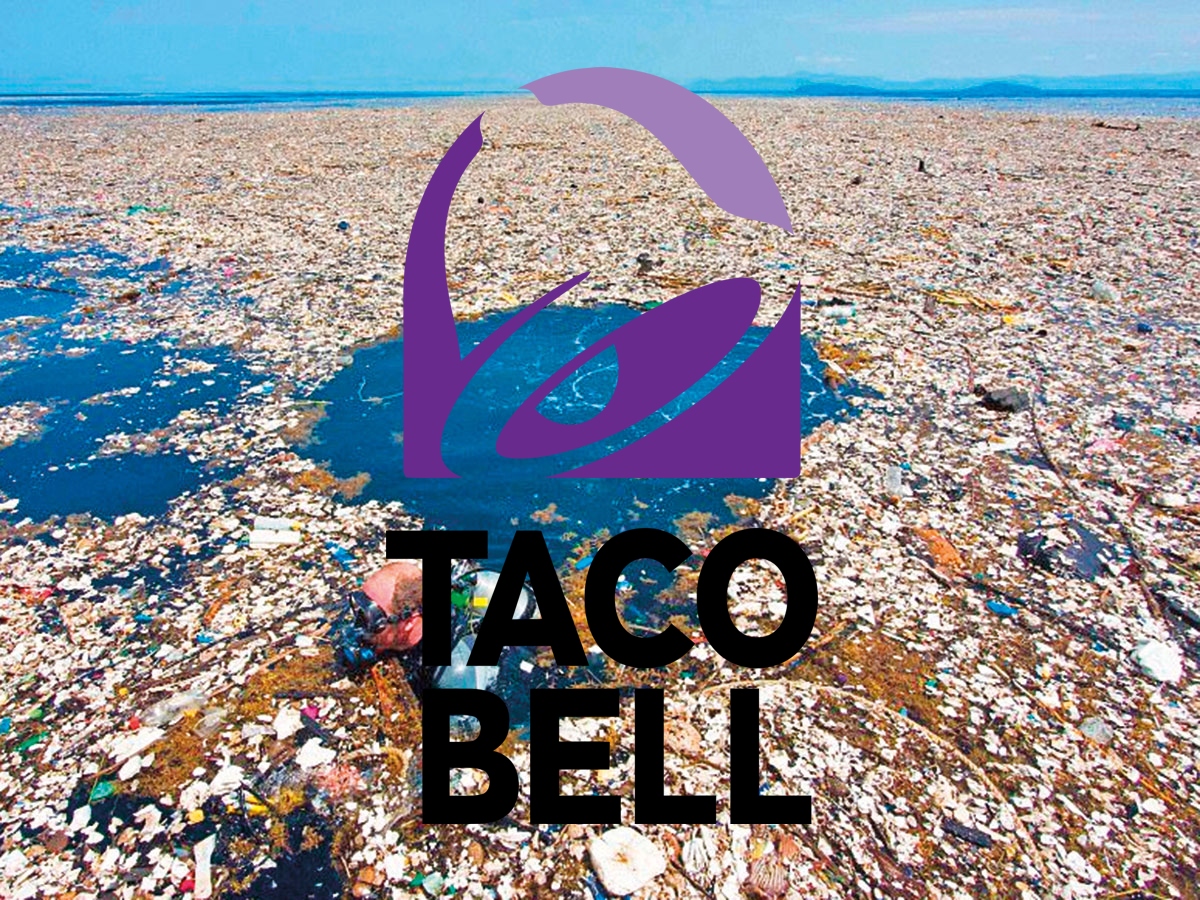The Big Chill: Understanding Antarctica’s Shrinking Ice
Think of Antarctica as a giant ice cream sundae. But instead of whipped cream and a cherry on top, it’s covered in a layer of ice. Scientists have noticed that this “ice topping” is getting smaller.
Breaking Records
On September 10, 2023, the amount of sea ice (the ice floating on the ocean) around Antarctica was the smallest it’s ever been since we started keeping track. It was about 1.03 million square kilometers (398,000 square miles) smaller than the previous record low set in 1986. That’s like losing an area of ice almost as big as the state of Texas!
The Reason Behind the Change
The amount of sea ice can change a lot from day to day because of the weather, like wind and temperature. But the big decrease we’re seeing now is probably because of something else. Scientists think that the ocean water near the surface is getting warmer, which makes it harder for new ice to form.
The Impact on Us
The changes in sea ice might seem far away, but they can affect us too. Sea ice reflects sunlight back into space, which helps keep our planet cool. Without it, the Earth could get warmer. Plus, lots of animals like seals and penguins live and hunt in the sea ice. If there’s less ice, these animals could have a harder time finding food.
Scientists are keeping a close eye on the situation. They’re not sure yet if this is going to keep happening, but they’re working hard to find out. In the meantime, we can all do our part to help our planet by reducing, reusing, and recycling!
The Heat Absorption Effect
Now, you might be wondering, what happens when all that ice melts? Well, it’s like wearing a dark shirt on a sunny day. Dark colors absorb more heat, and the same goes for our oceans. When the bright, reflective ice melts, it leaves behind the dark ocean water. This dark water absorbs more of the sun’s heat instead of reflecting it back into space. So how much more energy will the planet retain by losing that much sea ice? The energy reflected by the lost sea ice is equivalent to roughly 10% of the total energy consumed by humans in a year.
In fact, the ocean is like a giant heat sponge. It soaks up and stores heat from the sun. With less ice to reflect sunlight, the ocean can absorb even more heat. This extra heat can then be released back into the atmosphere, which can make our planet even warmer.
This is a big deal because even a small increase in temperature can lead to greater warming over time. This makes the polar regions the most sensitive areas to climate change on Earth. So, the less sea ice we have, the more heat the ocean absorbs, and the warmer our planet becomes.
Scientists are studying this closely because it’s important for us to understand how these changes will affect our weather, our animals, and even our own lives.





